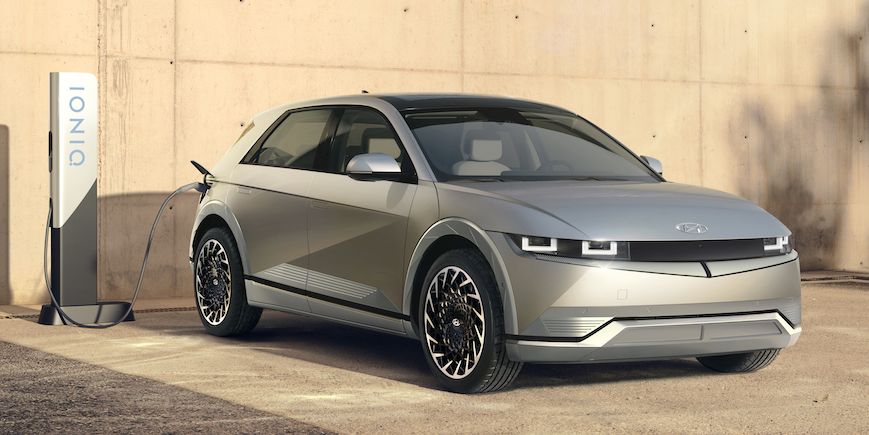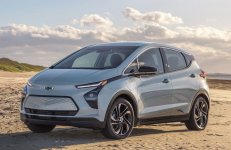I know about this; it's not an April Fools joke. BUT. What they are doing, is taking carbon dioxide from some other process, chemically reacting it with hydrogen to produce water and hydrocarbons, and tailoring that process to produce hydrocarbons that are compatible with gasoline (or diesel) engines. This article has a little more information Porsche-backed pilot plant to produce synthetic fuel at industrial scale
There are thermodynamic losses at every step in this process. If there is hydrogen involved then electricity was involved to make that. It's less efficient to do this than to use the hydrogen in a fuel cell, and that is even less efficient than to use the original electricity to charge and discharge a battery.
This process will have niche-market applications, just like hydrogen fuel cells will. The average person using the average daily driver for the average application will be better off with battery-electric. If you want to operate your classic combustion-engine vehicle at some point in the far-flung future, this process is an option. Applications that continue to defy use of battery-electric, could use this fuel, and there's the advantage of not needing an entirely new distribution network.
There are thermodynamic losses at every step in this process. If there is hydrogen involved then electricity was involved to make that. It's less efficient to do this than to use the hydrogen in a fuel cell, and that is even less efficient than to use the original electricity to charge and discharge a battery.
This process will have niche-market applications, just like hydrogen fuel cells will. The average person using the average daily driver for the average application will be better off with battery-electric. If you want to operate your classic combustion-engine vehicle at some point in the far-flung future, this process is an option. Applications that continue to defy use of battery-electric, could use this fuel, and there's the advantage of not needing an entirely new distribution network.




















